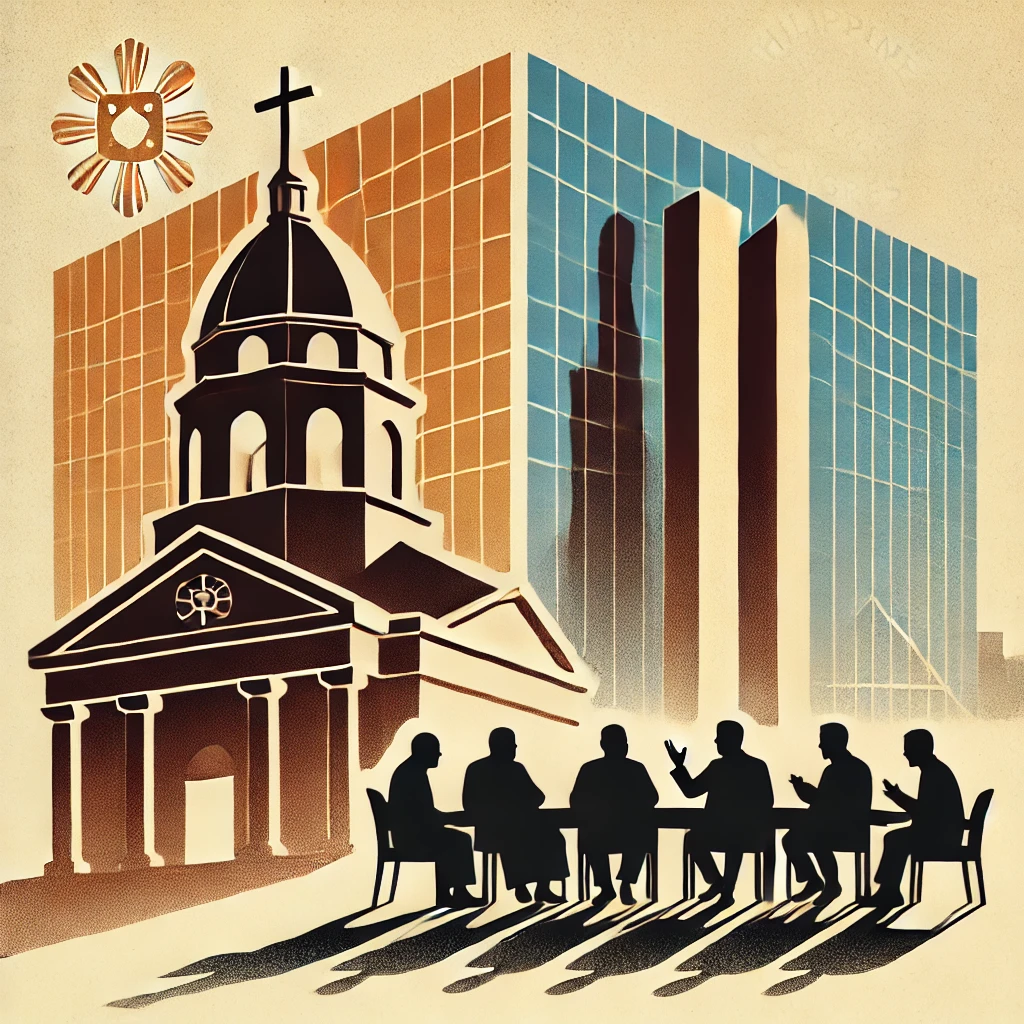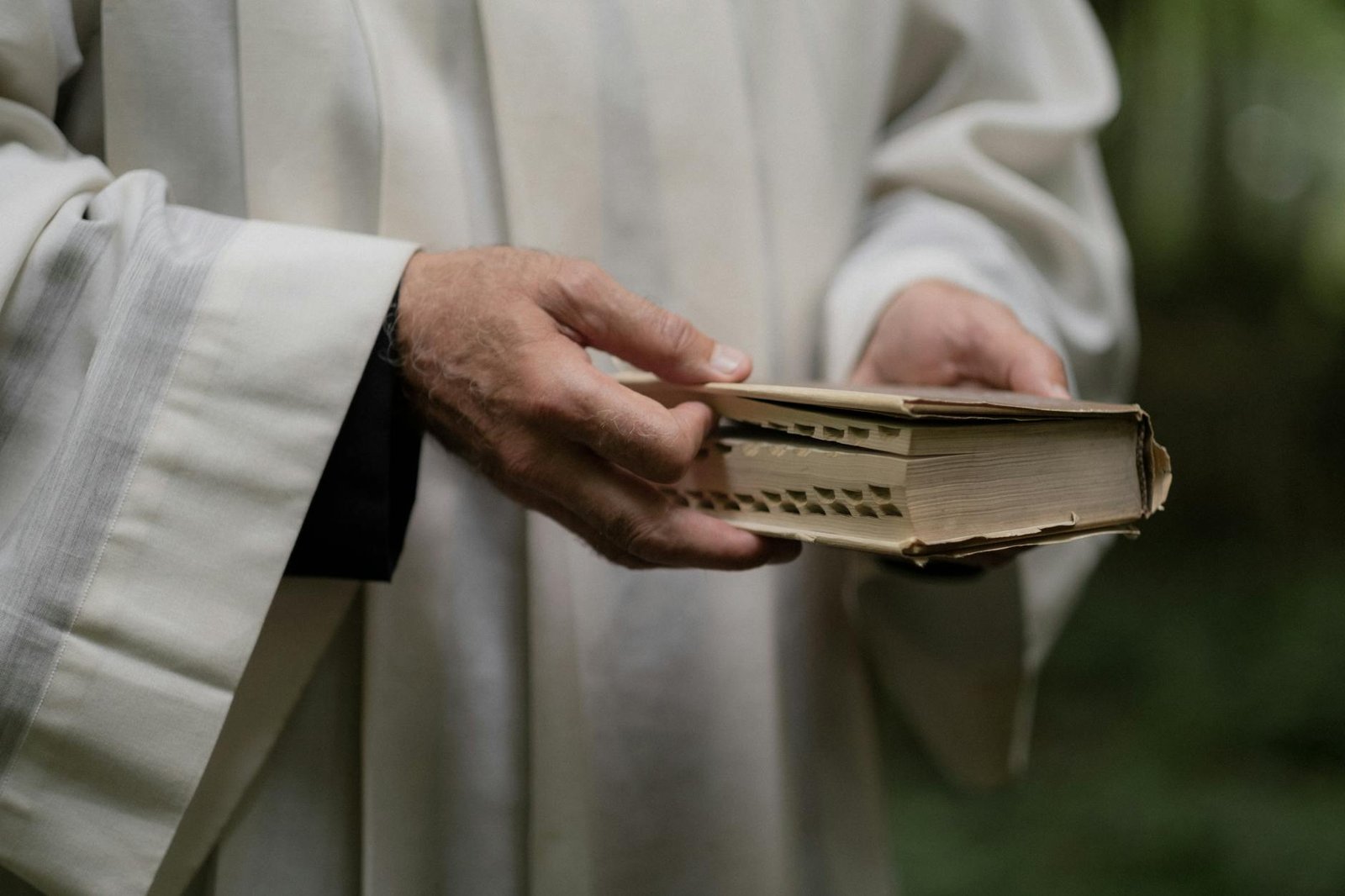Disasters are an unfortunate reality in the Philippines, with the country being prone to typhoons, earthquakes, and other natural calamities. In times of crisis, the Church can play a crucial role in disaster risk reduction management. With their strong presence in communities and their values of compassion and service, churches have the potential to make a significant impact in helping the country become more resilient.
Building Awareness
The first step in disaster risk reduction management is building awareness among the congregation and the community. Churches can use their platforms to educate people about the risks they face and the necessary steps to mitigate those risks.
The Church can organize workshops and seminars on disaster preparedness, providing practical advice on evacuation plans, first aid, and other essential skills. By empowering individuals with knowledge, the Church can ensure that communities are better equipped to handle disasters when they strike.
Establishing Emergency Response Teams
In times of crises, immediate response is crucial. Churches can establish emergency response teams composed of volunteers from the congregation. These teams can be trained in search and rescue, first aid, and other necessary skills.
By having these response teams in place, the Church can provide immediate assistance to the affected communities, helping to save lives and alleviate suffering. These teams can also work hand in hand with local government agencies and other organizations to ensure a coordinated and efficient response.
Providing Relief and Rehabilitation
After a disaster, communities need support in the long process of recovery and rehabilitation. The Church can play a vital role in providing relief efforts, such as distributing food, water, and other essential supplies to affected areas.
Furthermore, the Church can offer counseling and spiritual guidance to those who have experienced trauma and loss. This support system can help individuals and families rebuild their lives, providing them with the emotional and psychological support they need during challenging times.
Conclusion
The Church has a unique and important role to play in disaster risk reduction management. By building awareness, establishing emergency response teams, and providing relief and rehabilitation, the Church can make a significant impact in helping communities become more resilient in the face of disasters. Let us join hands with the Church in creating a safer and more prepared Philippines.








